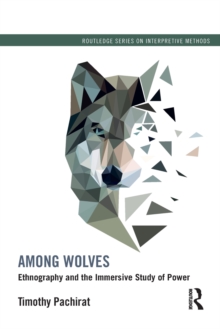
Elucidating Social Science Concepts : An Interpretivist Guide EPUB
by Frederic Charles Schaffer
Part of the Routledge Series on Interpretive Methods series
EPUB
Description
Concepts have always been foundational to the social science enterprise. This book is a guide to working with them. Against the positivist project of concept "reconstruction"-the formulation of a technical, purportedly neutral vocabulary for measuring, comparing, and generalizing-Schaffer adopts an interpretivist approach that he calls "elucidation." Elucidation includes both a reflexive examination of social science technical language and an investigation into the language of daily life. It is intended to produce a clear view of both types of language, the relationship between them, and the practices of life and power that they evoke and sustain. After an initial chapter explaining what elucidation is and how it differs from reconstruction, the book lays out practical elucidative strategies-grounding, locating, and exposing-that help situate concepts in particular language games, times and tongues, and structures of power. It also explores the uses to which elucidation can be put and the moral dilemmas that attend such uses. By illustrating his arguments with lively analyses of such concepts as "person," "family," and "democracy," Schaffer shows rather than tells, making the book both highly readable and an essential guide for social science research.
Information
-
Download - Immediately Available
- Format:EPUB
- Pages:134 pages
- Publisher:Taylor & Francis
- Publication Date:24/07/2015
- Category:
- ISBN:9781136710643
Other Formats
- PDF from £33.29
- Paperback / softback from £33.79
- Hardback from £135.00
Information
-
Download - Immediately Available
- Format:EPUB
- Pages:134 pages
- Publisher:Taylor & Francis
- Publication Date:24/07/2015
- Category:
- ISBN:9781136710643










